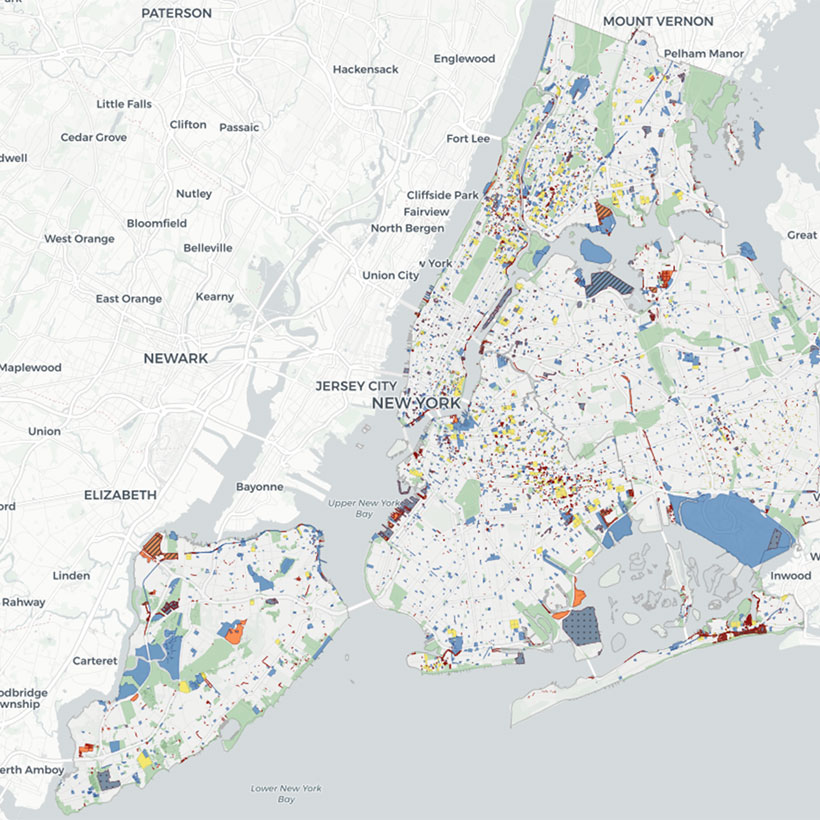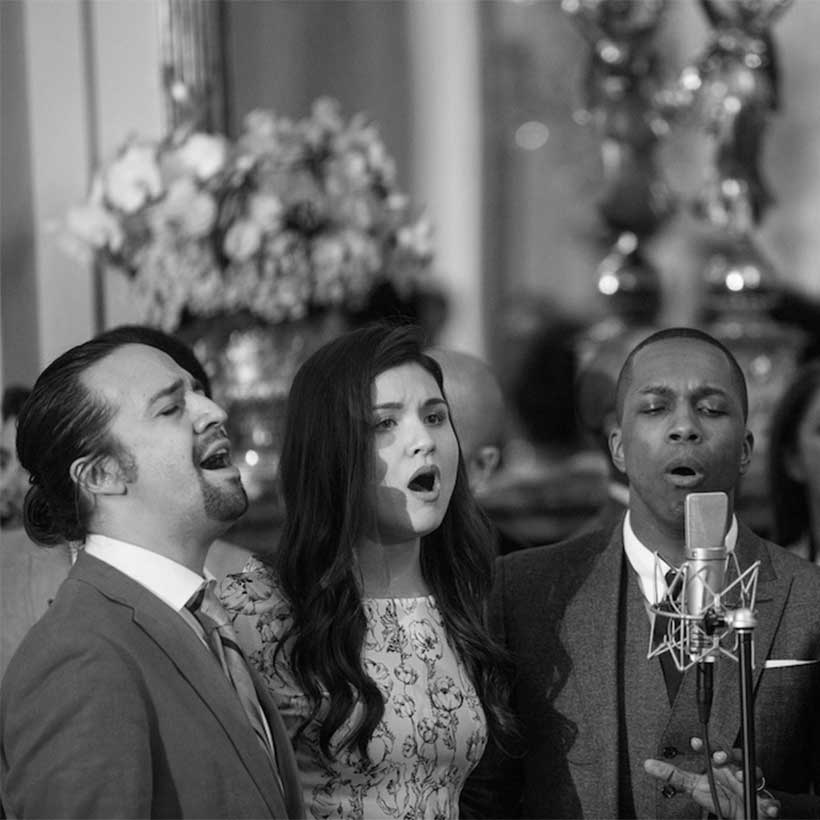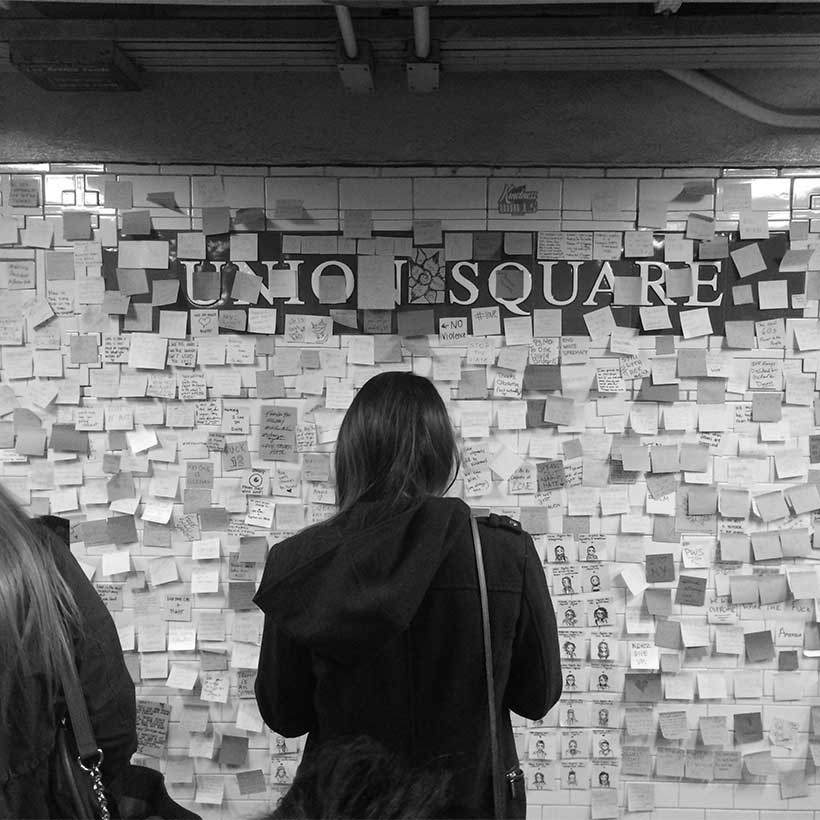President’s Letter: March 2019
Last night we celebrated the city with our annual awards evening at the Schomburg Center for Research in Black Culture. MASterworks Awards went to a dizzying array of wonderful new (and restored!) additions to New York’s landscape such as Hunter’s Point South Waterfront Park–Phase II, Pier 35, and 462 Broadway.
But the superstar of the evening was the Brendan Gill Prize winner, Stephen Maing, for a new documentary film entitled Crime + Punishment about the ongoing fight of 12 police officers who band together to expose the New York Police Department’s lingering race-based quota system. The film, which is available for streaming on Hulu, is a beautiful, poignant portrayal of the officers themselves and the enormous personal and professional risks they take to bring justice to the NYPD. The film also portrays an incredibly brave young man who maintains his innocence after being falsely accused of a shooting. Because he does not take the multiple offers of plea bargains, he sits in Rikers for a year waiting for his charges to be heard, unable to afford bail. His charges were later dismissed. Can you imagine the fear this young man endured and the courage it took to stand up for himself against a judicial system stacked against him?

I was incredibly moved by the film and the discussion last night only reinforced the need for criminal justice reform. While these issues are not in the bull’s eye of MAS work, over the last few months we have engaged in a related topic–the ongoing debate about the borough-based jails proposal.
Recently, I had an opportunity to meet Judge Lippman, who was the head of the Independent Commission on New York City Criminal Justice and Incarceration Reform. His insight into the destruction that our criminal justice system has wrought was chilling indeed. It made clear the imperative for humane, closer-to-home jails.
But this view does not absolve the City of its responsibility to act with the utmost sensitivity when inserting jails into communities. And let’s be honest, the process so far has been an unmitigated disaster.
And yet, we march on. The application for all four borough jails was certified this past week at the Department of City Planning, starting the seven-month clock on the public review process. And the terrible truth is that despite some concessions that have been made on the bulk and height of each project, there are more questions than answers remaining.
The thing that troubles me the most is that there doesn’t seem to be clear leadership to make sure these projects fulfill their promise. Each one of these projects is a bear, from community integration to ultimate day-to-day functioning; every step is new. These buildings are supposed to embody the future of humane criminal justice, yet buildings–no matter how improved they might be from Rikers–will not by themselves deliver the reforms we need. Deep institutional change is required here.
The City must now step up and find a way to create a much more integrated planning structure for these projects. Someone needs to be responsible for the soup-to-nuts plan here, and right now it is entirely unclear who that person is. Anything else will squander the momentum of this reform movement. And that is unacceptable.

Elizabeth Goldstein
President
The Municipal Art Society of New York




